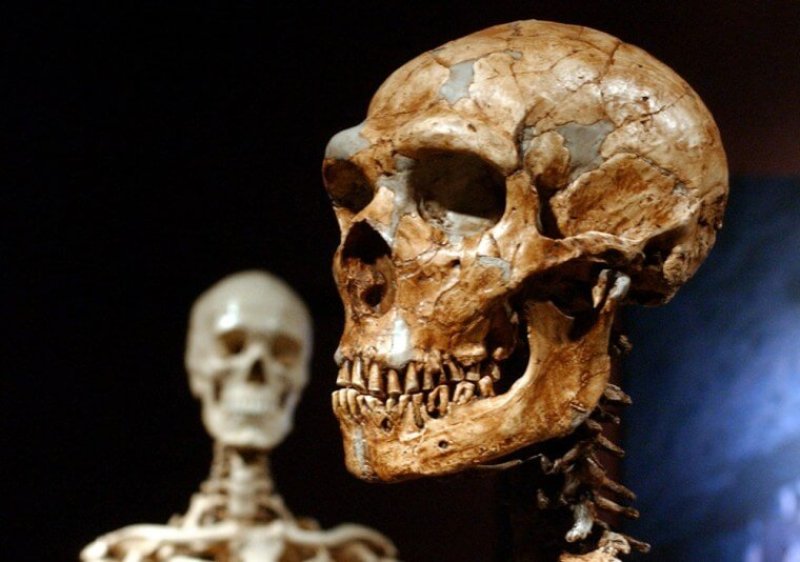We’ve long thought that humans must have survived because we were intelligent enough to outsmart our own extinction; meanwhile the Neanderthals’ demise must have been due, at least in part, to their intellectual inferiority…. In fact, the story of our survival is much more complicated.
Roger Seymour is a cardiovascular physiologist at the University of Adelaide in Australia who researches blood flow to the brain as an indication of species intelligence.
“The brains were similar in size and similar in blood supply from the internal carotid arteries to the cerebrum, the cognitive part of the brain… so effectively there is no evidence that the cognitive ability of the two species was any different,” Seymour says.
And it’s not just basic anatomy that disputes our claim of superior intelligence, says anthropologist Oren Kolodny…. All of the characteristics that have been used to demonstrate human superiority — for example, symbolic art, tool and weapon-making, the use of fire, and burial ceremonies — have also been exhibited in Neanderthals.
“If one species were brighter than the other you would expect it to be reflected in the material cultures of the two and this isn’t the case,” Kolodny says.































